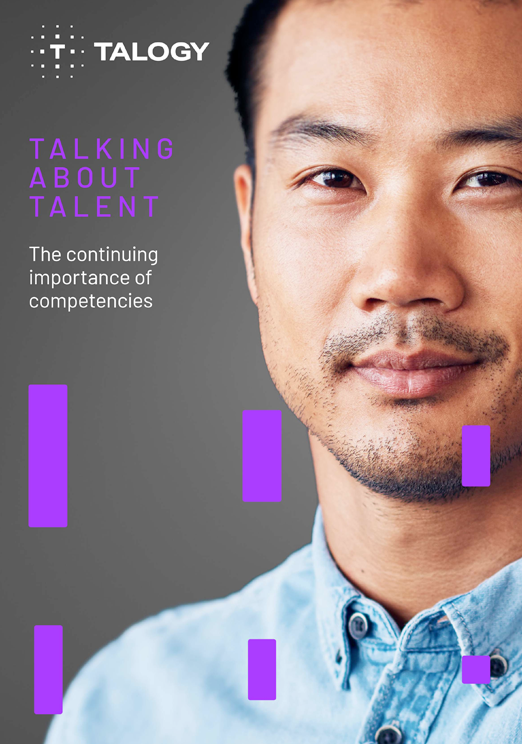Popular belief: “We are raising a generation of deluded narcissists,” according to Dr. Keith Ablow, a psychiatrist and member of the Fox News Medical A-Team.
Reality: Millennials do feel entitled…to information, and they are more generous than most consider.
Yes, Millennials feel entitled to speak their minds, but they are doing more than sharing their opinions in a digital echo-chamber. Older generations often reduce Millennials to teenagers mindlessly “liking” friends’ karaoke night pictures, but Millennials are reshaping the world in which we live; they are determining what is funny and what sells, seeking information, and reimagining society in their image.
“I think one way to describe my generation is resourceful,” Caliper’s Julie Polanski, 23, said. “If we’re motivated and passionate, we’ll find a way to make it happen. Because we feel like we’re entitled and know more, and the information is more accessible, we feel like we can change things. We feel comfortable challenging professors and those even in workforce environments.”
And one thing that entitled narcissists do not tend to do is think about other people, which is precisely what those 18-34 do with regularity. The 2015 Millennial Impact Report surveyed more than 2,500 Millennial employees and managers, and found that 84 percent made a charitable donation in 2014.
Popular belief: Social media leads Millennials to engage in a “mutual fanning of false love and false fame,” according to Dr. Ablow.
Reality: ‘Like’-Minded Millennials use social media to get engaged and level the playing field between themselves and decision-makers.
Throughout history, citizens have used the popular means of communication to make their voices heard, organize, and lead change; social media is no different.
“When you get retweets or ‘likes’ on Facebook, it makes you feel empowered,” Ms. Polanski said. “It makes you feel like you’re right, and if there are people willing to agree with me, then there’s a reason we should stand up for it.”
Social media has also flattened the landscape and blurred the lines between where the proletariat ends and the bourgeoisie begins. Heads of State even use the convention to reach their constituencies.
“Social media has made everyone instantly accessible to everyone else,” fellow Caliper Millennial Paul Franzen said. “Just as long-distance friends can track each others’ weddings and babies through Facebook, people can follow their favorite celebrities and engage with them in a way that was never before possible,” the 30-year-old added.
Access to technology now provides a person with a platform to reach the far reaches of the globe and even the consciousness of the political elite, and young voices have paved the way for large-scale political changes through social media.
As one Egyptian activist tweeted during the protests of 2011, “We use Facebook to schedule the protests, Twitter to coordinate, and YouTube to tell the world.”
Just as there’s more to social media than inane cat videos, there’s more to Millennials than smart phones and selfies. #JustSayin’

